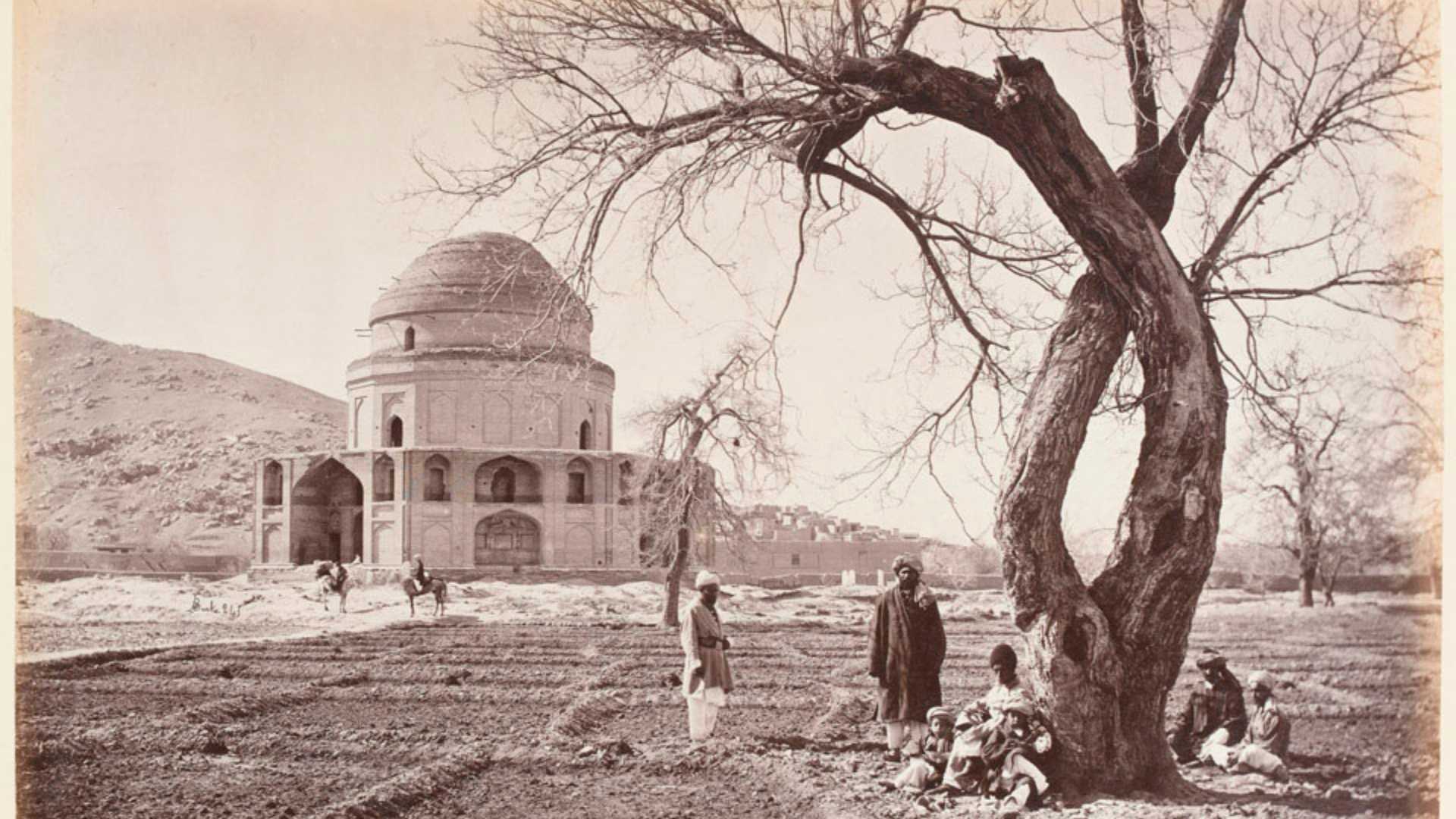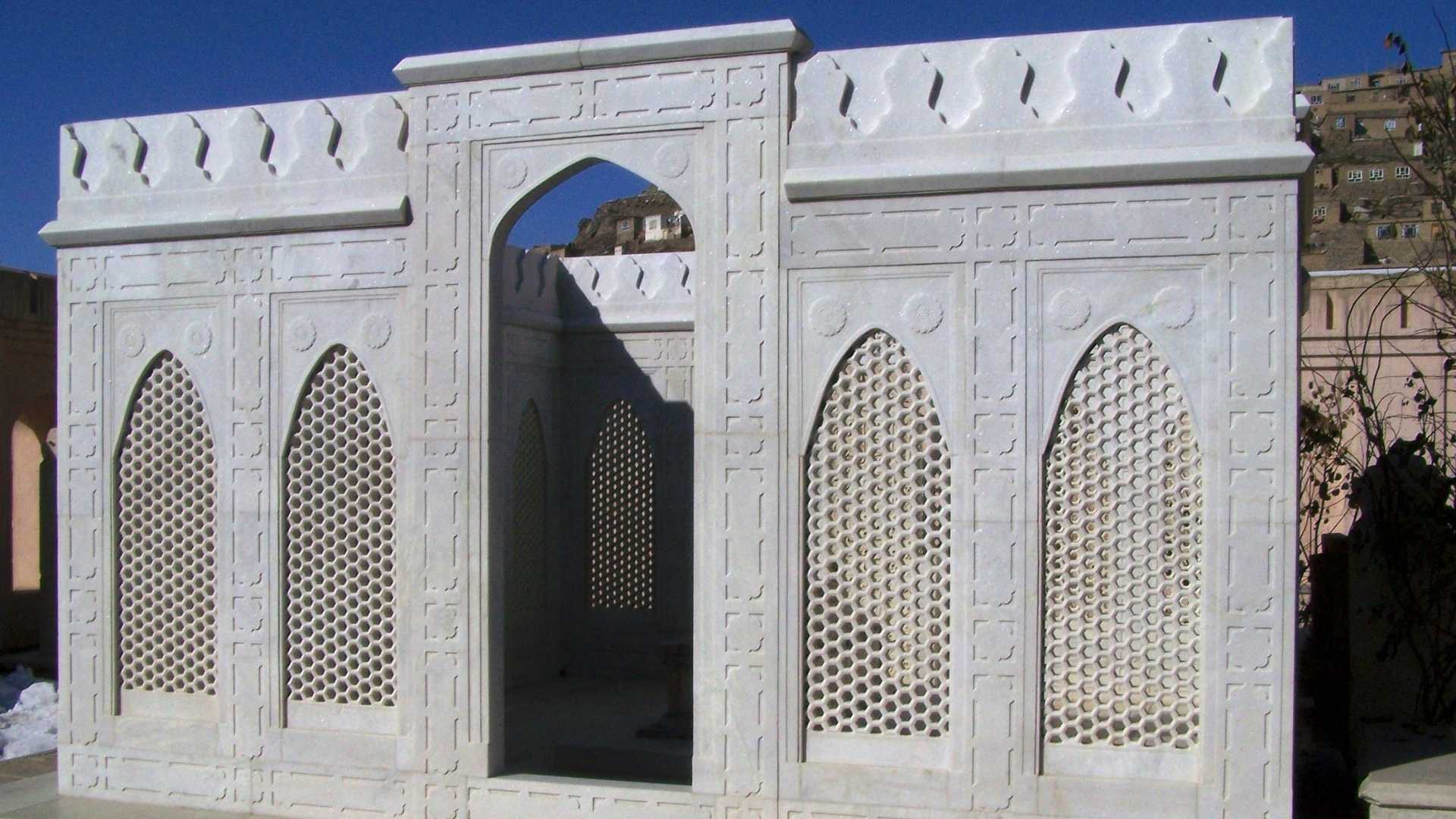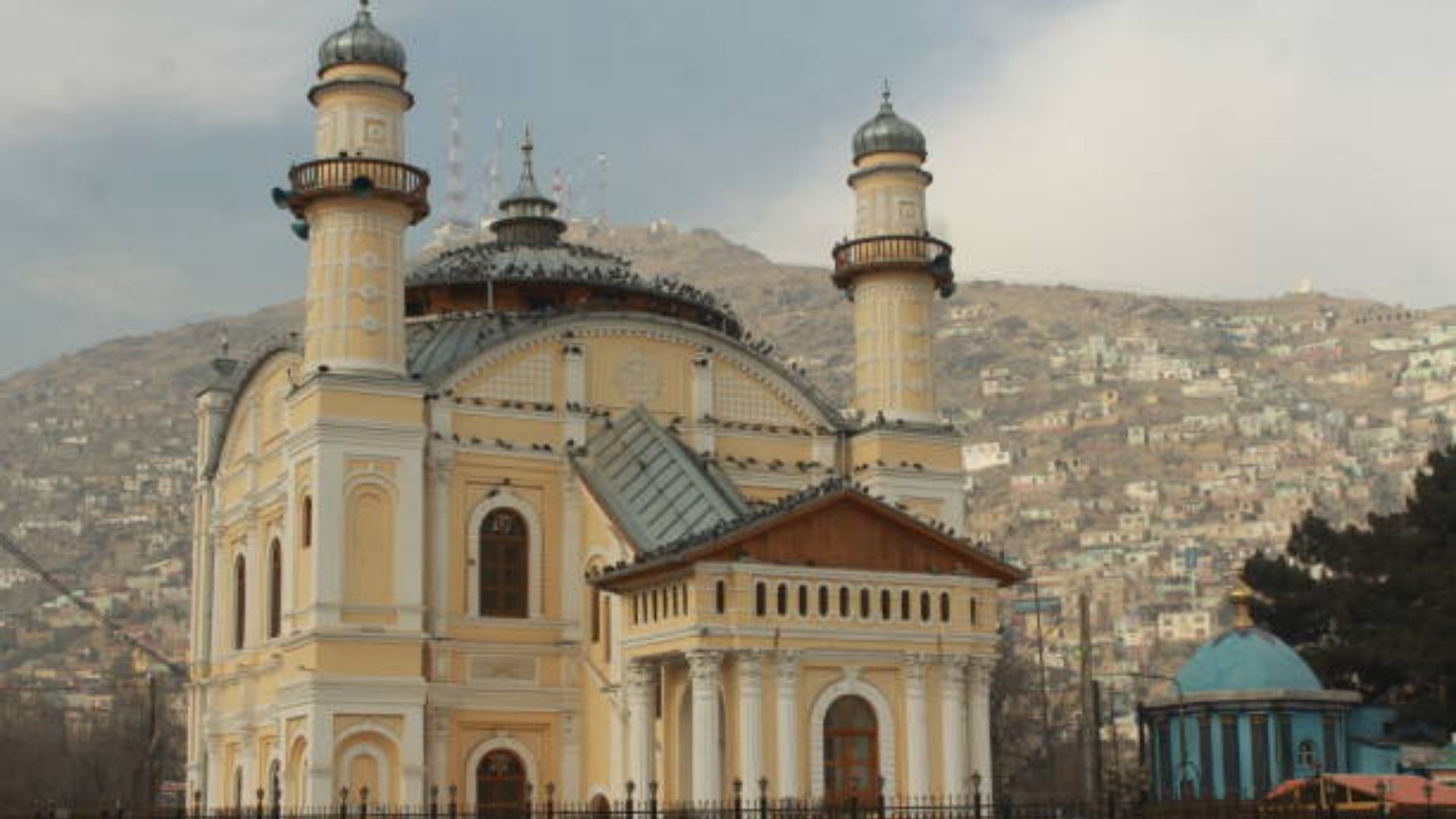Capital of Afghanistan: The capital of Afghanistan is Kabul. It is located in the eastern part of Afghanistan, near the Hindu Kush mountain range. Known for the city of culture, it reflects a mix of tradition and modernity. From Attan folk dances and Persian-inspired poetry to handwoven carpets, the city reflects vibrance. Its colorful embroidered clothing, political, economic, and cultural centre serves as a focal point for empires, trade, and diplomacy for over 3,500 years. Strategically located at the crossroads of Central and South Asia, Kabul has its culinary delights with dishes like Kabuli Pulao and mantu. Let us explore more about it in this blog.
Why is the Capital of Afghanistan, Kabul, So Famous?
The city sits along the Kabul River and is surrounded by mountains, giving it both strategic and historic importance. It further boasts a rich blend of food, culture, and folklore. Its fame stems from its unique historical and cultural identity:
-
It’s one of the world’s oldest continuously inhabited cities and is often referenced in the Rigveda as an emblem of paradise, as per WorldAtlas
-
Festivals like Nowruz and Eid bring families together. It also keeps centuries-old customs alive amid the city’s evolving spirit.
-
Folklore thrives in Kabul through epic tales of heroism, mystical jinns, and songs that celebrate love, nature, and bravery.
-
By the 20th century, it earned the nickname "Paris of Central Asia" due to its modern ambiance and vibrant urban life.
-
According to Encyclopedia, today it remains the heart of Afghanistan’s governance, commerce, and resilience.
Also read: Top 9 poorest countries in Asia here!
What is the History of Kabul, Afghanistan?

(Credits: Wikipedia Visual is of Mausoleum of Timur Shah Durrani)
Over centuries and decades, Kabul has seen great influences from the Mauryans, Mughals, British, Soviets, and multiple Afghan dynasties. All of these have left a mark on the city's identity. The table below showcases such facts:
| Period | Key Developments |
| 18th Century | Became Afghanistan’s capital under Timur Shah Durrani in 1776. |
| Historical Emblems | Home to landmarks like Bagh-e Babur and Timur Shah‘s mausoleum. |
| Modern Era | Thrived in the mid-1900s, then endured decades of conflict and transformation, as per Britannica |
What are the Best Places to Visit in Kabul?

(Credits: Wikimedia Commons, Visual is of Bagh-e-Babur Tomb in Kabul)
Beyond its rich history and culture, Kabul also offers travelers unique landmarks and experiences that reflect Afghanistan’s spirit:
-
Babur’s Gardens (Bagh-e Babur): It is a Mughal-era garden and the final resting place of Emperor Babur.
-
Darul Aman Palace: The place is a symbol of resilience, and this restored royal palace showcases Kabul’s grandeur and endurance.
-
National Museum of Afghanistan: Once looted during conflicts, it now houses priceless artifacts that narrate Afghanistan’s long civilizational journey.
-
Chicken Street: Famous for traditional carpets, jewelry, antiques, and handicrafts — a must-visit for cultural souvenirs.
-
Shah-e Doh Shamshira Mosque: It is known as the “Mosque of the King of Two Swords.” Its yellow exterior and baroque architecture stand out in the city center.

(Visual is of Shah-e Doh Shamshira Mosque in Kabul, Afghanistan)
These spots not only highlight Kabul’s historical importance but also show how the city balances tradition and modernity.
Also Read: When did Delhi become the Capital of India?
What are the Key Interesting Facts About Kabul?
Let us find out some more interesting facts about Kabul that were hidden for so long in the realms of history:
-
Altitude Wonder: At over 1,800 meters above sea level, Kabul is one of the highest capitals globally, as per WorldAtlas
-
Cradle of Religions: Once a centre for Buddhism, Hinduism, and Zoroastrianism, Kabul has deep spiritual roots.
-
The Legendary Garden: Babur’s tomb and surrounding gardens (Bagh-e Babur) are considered among the city’s most tranquil spots.
-
Cultural Revival: Landmarks like the restored Timur Shah Mausoleum stand as symbols of historical preservation. Wikipedia
-
Educational Icon: The Kabul Library, housing over 220,000 books in various languages, reflects the city’s commitment to knowledge and diversity.
Also read, All About Afghanistan, and its history here!
Conclusion
Therefore, Kabul is more than just the capital of Afghanistan. It's a city that has stories of so much history, resilience, and reclamation of its legacy. Whether through its ancient gardens or vibrant city life, Kabul tells the story of a nation’s enduring identity.
Want to explore more fascinating destinations and cultural histories? Stay connected with us for guides that take you closer to the world’s most captivating cities. To see more of such stories, you can go ahead and add this site to your preferred sources by clicking here.
Comments
All Comments (0)
Join the conversation